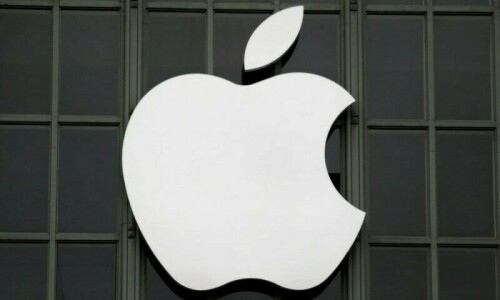Facebook announced Thursday it was offering a tool allowing users to report fake news, a move aimed at stemming a wave of misinformation which some claim influenced the 2016 US election.
“We believe in giving people a voice and that we cannot become arbiters of truth ourselves, so we're approaching this problem carefully,” Facebook's vice president Adam Mosseri said in a blog post.
“We've focused our efforts on the worst of the worst, on the clear hoaxes spread by spammers for their own gain, and on engaging both our community and third-party organizations.”
Facebook said it would begin testing a system allowing users to click on a news item if they suspect it is fabrication.
The huge social network said it would work with global fact-checking organizations subscribing to the Poynter Institute's International Fact Checking Code of Principles.
“If the fact-checking organizations identify a story as fake, it will get flagged as disputed and there will be a link to the corresponding article explaining why,” Mosseri said.
“Stories that have been disputed may also appear lower in News Feed.”
Facebook has been under fire for failing to stem a wave of fake news, which according to some critics may have helped the election of Republican property tycoon Donald Trump by spreading unfounded negative news about his Democratic opponent Hillary Clinton.
Facebook has dismissed the notion that fake news shared on the social network swung the election results but has been stepping up its efforts to weed out clearly false news.
The US social giant, with some 1.8 billion users worldwide, has however avoided being labeled a “media company” or implemented efforts to impose editorial judgments on news being shared.
Separately Thursday, a survey by the Pew Research Center showed nearly two out of three US adults (64 percent) believed fake news causes confusion about basic facts in current events.
Although many respondents said they sense fake stories are spreading confusion, they were relatively confident in their own ability to detect hoaxes.
The survey found 39 per cent “very confident” that they can recognise news that is fabricated and another 45pc “somewhat confident.”
However, nearly one in four said they have shared a made-up news story: 14pc acknowledged they shared a news item they knew was fake at the time and 16pc saying they shared a story they later realised was fake.
Concerns over fake news grew during the 2016 presidential campaign amid widespread sharing of hoaxes including stories saying Pope Francis had endorsed Donald Trump, or that Hillary Clinton was linked to a pedophilia ring operating out of a pizzeria.
The survey of 1,002 adults was conducted December 1-4, with the margin of error estimated at 3.6 percentage points.















































Dear visitor, the comments section is undergoing an overhaul and will return soon.